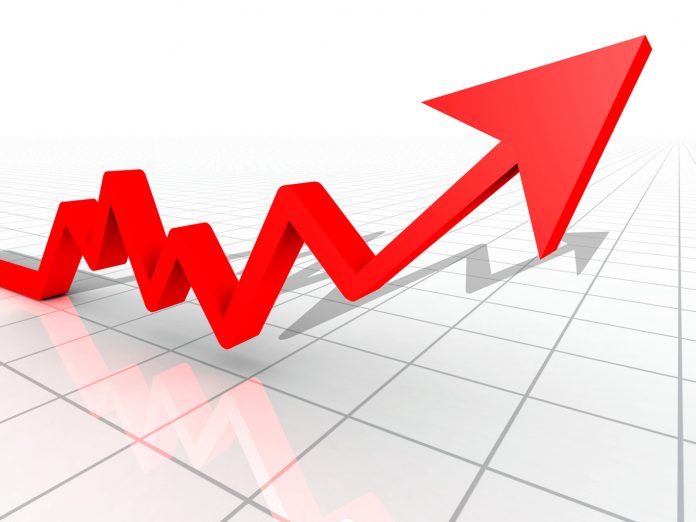…as food prices escalate
…experts insist inflation still too high
The consumer price index (CPI), which measures the rate of change in prices of goods and services, rose to 26.72 percent in September 2023 — up from 25.80 percent in the previous month.
This was even as food inflation jumped to 30.64 percent on a year-on-year basis.
The National Bureau of Statistics (NBS) disclosed this in its CPI report for September, released on Monday.
The latest figure marks the ninth consecutive rise in the country’s inflation rate this year.
In September, the NBS said, the headline inflation rate increased by 0.92 percent points when compared with the August figure.
According to NBS, “Looking at the movement, the September 2023 headline inflation rate showed an increase of 0.92 percent points when compared to the August 2023 headline inflation rate,” the report reads.
“On a year-on-year basis, the headline inflation rate was 5.94 percent points higher compared to the rate recorded in September 2022, which was 20.77 percent.
“This shows that the headline inflation rate (year-on-year basis) increased in September 2023 when compared to the same month in the preceding year (i.e., September 2022).”
The bureau said on a month-on-month basis, the headline inflation rate in September 2023 was 2.10 percentage points higher. This is 1.08 percentage points lower than the rate recorded in August 2023 (3.18 percent).
This means that in September 2023, the rate of increase in the average price level was less than the rate of increase in the average price level in August 2023.
On food inflation, which is 30.64 percent, the NBS said the figure was 7.30 percent points higher compared to the rate recorded in September 2022 (23.34 percent).
The bureau said the rise in food inflation was caused by increases in prices of oil and fat, bread and cereals, potatoes, yam and other tubers, fish, fruit, meat, vegetables, and milk, cheese, and eggs.
“In September 2023, Food inflation on a year-on-year basis was highest in Kogi (39.37%), Rivers (35.95%), and Lagos (35.66%),” the report reads.
“Jigawa (23.41%), Borno (25.29%) and Sokoto (25.38%) recorded the slowest rise in Food inflation on a year-on-year basis.”
Meanwhile, some economists have dismissed the hope being expressed in some quarters that the nation’s inflation may soon begin to drop. They were responding to questions about the latest inflation figures released by the National Bureau of Statistics ( NBS) which put the September inflation rate at 26.72 percent relative to the August 2023 headline inflation rate which was 25.80 percent.
However, their point of interest is that the rate of change in inflation rate for September is 2.10 percent as against the August figure of 3.18 percent.
Professor Godwin Oyedokun of Lead City University, Ibadan in a telephone interview said that an inflation rate of 26.72 percent is still too high which government should see as a crisis situation.
According to him, “As far as I am concerned the inflation is still high, whether it is slowing or not, is not the issue.”
He said that the slowing could be that all the parameters that cause inflation are available but not to the extent of surging it up.
“Yes there are some policy measures the new government has taken, but they are not enough to affect the inflation rate yet. However, we need to watch and see what happens in subsequent months to know if it will be consistent. It is only then we can say yes what is happening is as a result of the new policies,” Prof. Oyedokun said.
On his part, Lead Director of the Centre for Social Justice (CSJ), Eze Onyekpere, said Nigeria has not reached the point where the inflation will start coming down.
In his words, “We have not reached that point where the inflation will start coming down because we have nothing from the fiscal and monetary authorities for us to ensure that the inflation starts going backwards.
“Remember we are still dealing with the exchange rate component of the inflation and we have not increased our inflow of dollar supply or anything that will help us stabilise the value of the naira and we are still borrowing.
“Nothing has really changed, it is either CBN is printing money by Ways and means or they are using money they got from the cash reserve ratio( CRR) of banks to put back into the economy, otherwise I haven’t seen anything.”
He said there is no way inflation can come down when the naira is losing value everyday and the country has not increased its agricultural production because of insecurity.


